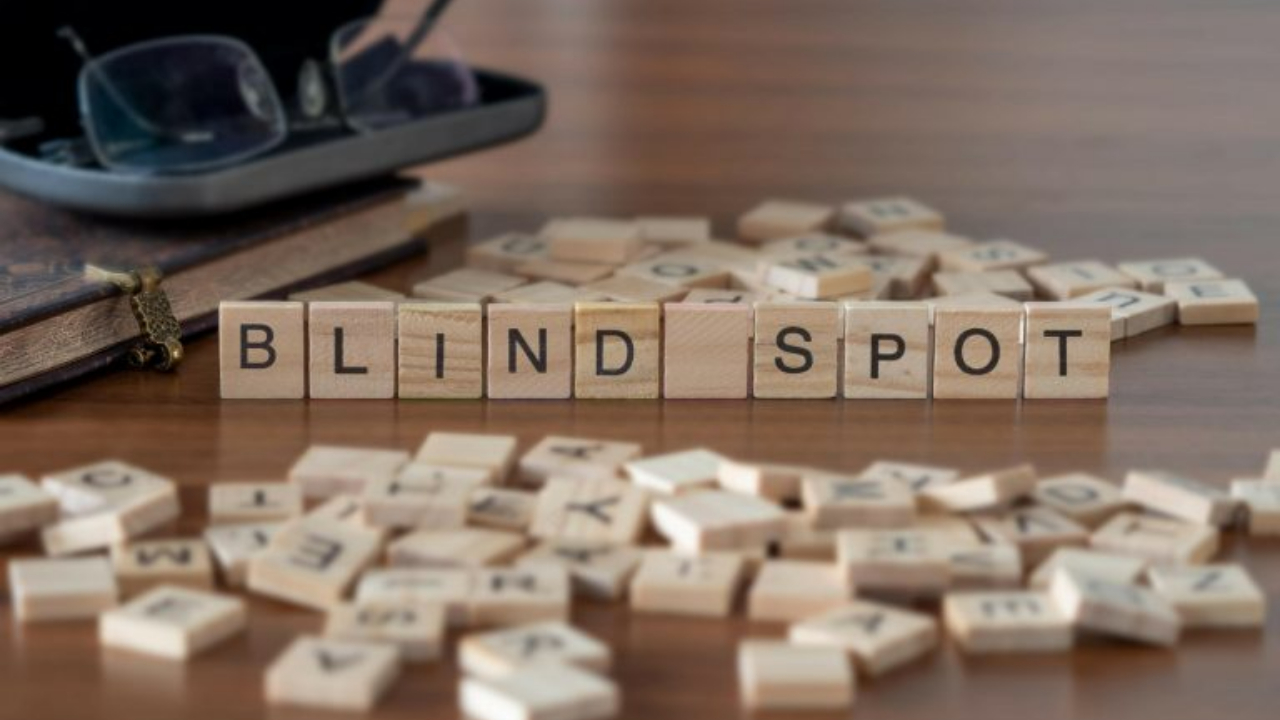Relational Templates – Blind Spots That Become Landmines

Recently I shared with you how our triggers are a massive blind spot that can cause distress and chaos in our lives. And as they are unconscious, for most of us we have absolutely no idea what triggers us and why.
It is the why that leads me to share with you the next major blind spot that impacts our lives – this is our relational template. The way we have been consciously and unconsciously wired is held in our relational templates.
When we were young, we absorbed so much information, the happy and connected times, and the frightening or lonely times. Imagine that these experiences were encoded into our relational template – it is like a program that we run our relationships from throughout life.
It holds our expectations, beliefs, opinions, and rules for how we should or shouldn’t behave and be treated in a relationship. We all have a unique relational template – made up of thousands and thousands of interactions with parents or caregivers.
What we don’t truly understand is how we are wired for relationships inside of our own mind. We might get a glimpse of it through our behaviour or the stories we create about ourselves, others, and situations.
Our partner’s relational template will be different so there will always be a gap between theirs and ours. What’s critical is how partners navigate this gap. It’s the difference between a safe and happy enough relationship and one that struggles, has conflict, or even ends.
For many of us who can’t tolerate this gap, we will experience what’s called distress intolerance. This means we are unable to sit with the difficult feelings that come up for when faced with our partner having different relationship expectations, beliefs, opinions, or rules from us.
We can feel distressed, sad, lonely, overwhelmed if our partner doesn’t:
- Respect us in a way that we want to be respected
- Protect us in a way that we want protection
- Communicate in a way that we approve of
- Celebrate our birthday or anniversary with significant importance
- Offer us sufficient care, concern, or containment so we feel safe
We can even feel betrayal at a deep level when faced with the reality of who our partner is, compared to who we want them to be, so we feel safe. We want them to operate according to our relational template. We may even try to control them and move them to be like us. This doesn’t work generally. No-one like to be changed or controlled and deep down we all want to be accepted for who we are.
If we can’t sit with and process this distress, we usually try to suppress it by stuffing it down inside of ourselves or we shove the awful feelings onto someone else. I call the latter emotional vomiting. We all know what it feels like to have someone’s emotional vomit on us. It feels brutal and icky. We will typically have something to say about it.
It’s critical for all of us to work on ourselves to stop the chaos and distress in our own lives. We also have a responsibility to not emotionally vomit on others. This means we need to understand how our own relational templates from childhood still operate in us today.
Are we still clingy? Are we still mistrusting? Are we still secretive? Are we still lonely? We don’t need to keep doing this today, but we can’t change what we don’t know. So how do we do this? Therapy, books, online courses, and podcasts are helpful for joining our past with our present. We can then increase our ability to tolerate the gap between our relational template and others, so we are less distressed and create less chaos in life.
Discover how your unique relational template influences your expectations, beliefs, and behaviours in relationships in our online program, "Fight Less, Love More". Learn strategies to navigate the gap between yours and your partner's templates, fostering understanding and connection. Say goodbye to distress intolerance and embrace a more harmonious relationship dynamic. Sign up for the program today!


